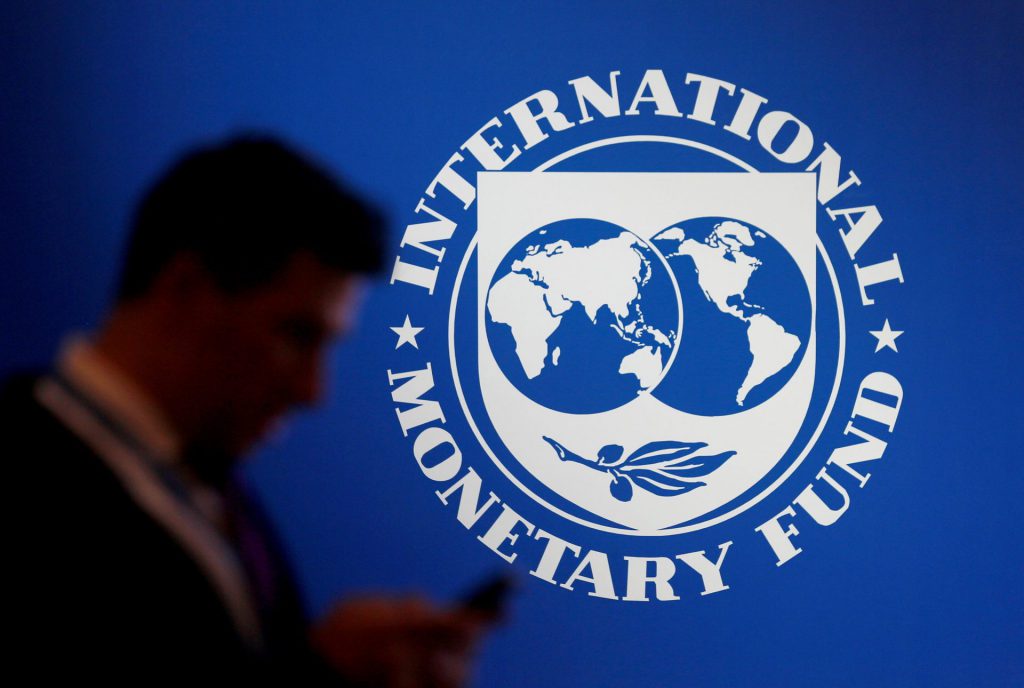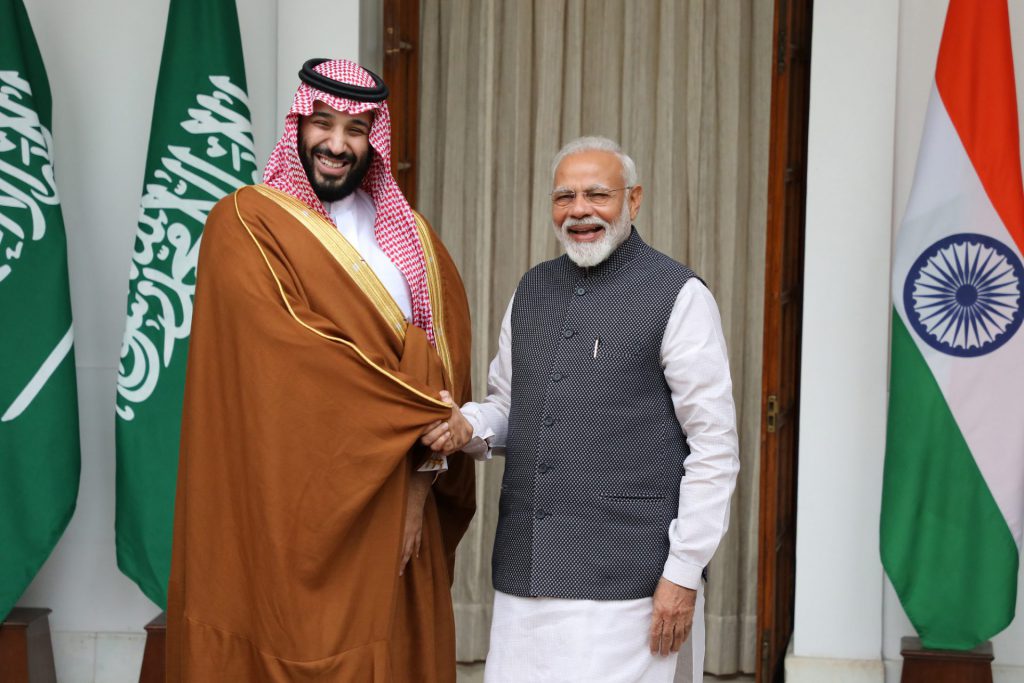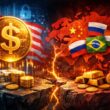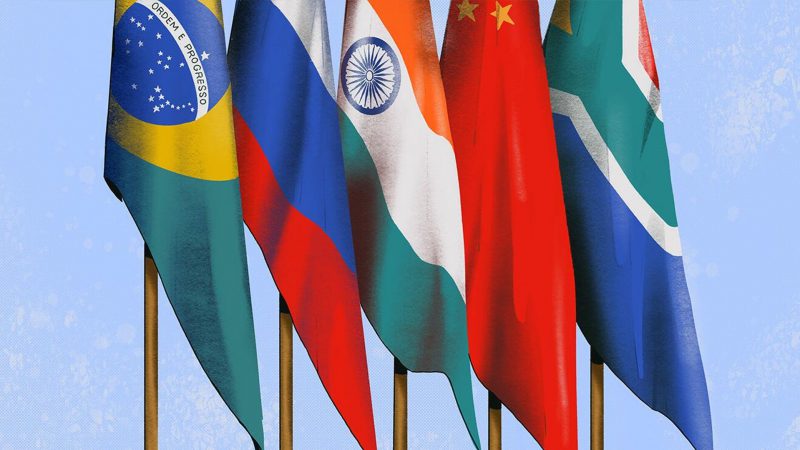On the heels of the BRICS six-country expansion, the International Monetary Fund (IMF) has voiced its support for the alliance. Specifically, it has spoken about improvements in global cooperation and what the bloc could mean for that idea.
IMF Spokesperson Julie Kozack discussed the benefits of the alliance on Thursday. Specifically, she stated that that BRICS was a key example of “improved and expanded international cooperation and deepening trade and investment ties among groups of countries,” in a recent statement.


Also Read: UAE Says BRICS Alliance is Set to Reshape Global Economy
IMF Points to BRICS as a Key Example of Global Cooperation
For the BRICS bloc, the development of a multipolar world is paramount. Indeed, the alliance has sought the increased prominence of the global south. Sbseuqnlety, it has fought against the international dominance of the West. Opting to champion the possibility of increased multipolarity.
Now, on the heels of the BRICS membership growing, the IMF has voiced its support for the alliance and that goal. Specifically, they have noted the economic bloc as a key example of a world that is growing smaller due to countries working together. Ultimately, going as far as to encourage the bloc’s continued growth.


Also Read: BRICS 9th Parliamentary Forum Begins; What it Means
“Improved and expanded international cooperation and deepening trade and investment ties among groups of countries, including, for example, BRICS, is something that we welcome and encourage,” Julie Kozack stated. “As long as they aim at reducing market fragmentation, enhancing trade, and reducing investment costs,” she added.
Moreover, Kozack noted the IMF’s stance against global fragmentation. Subsequently, they have encouraged the international cooperation that can be gained from an economic alliance like the BRICS. Alternatively, a divided world was defined by Kozack as “costly for the global economy.”





